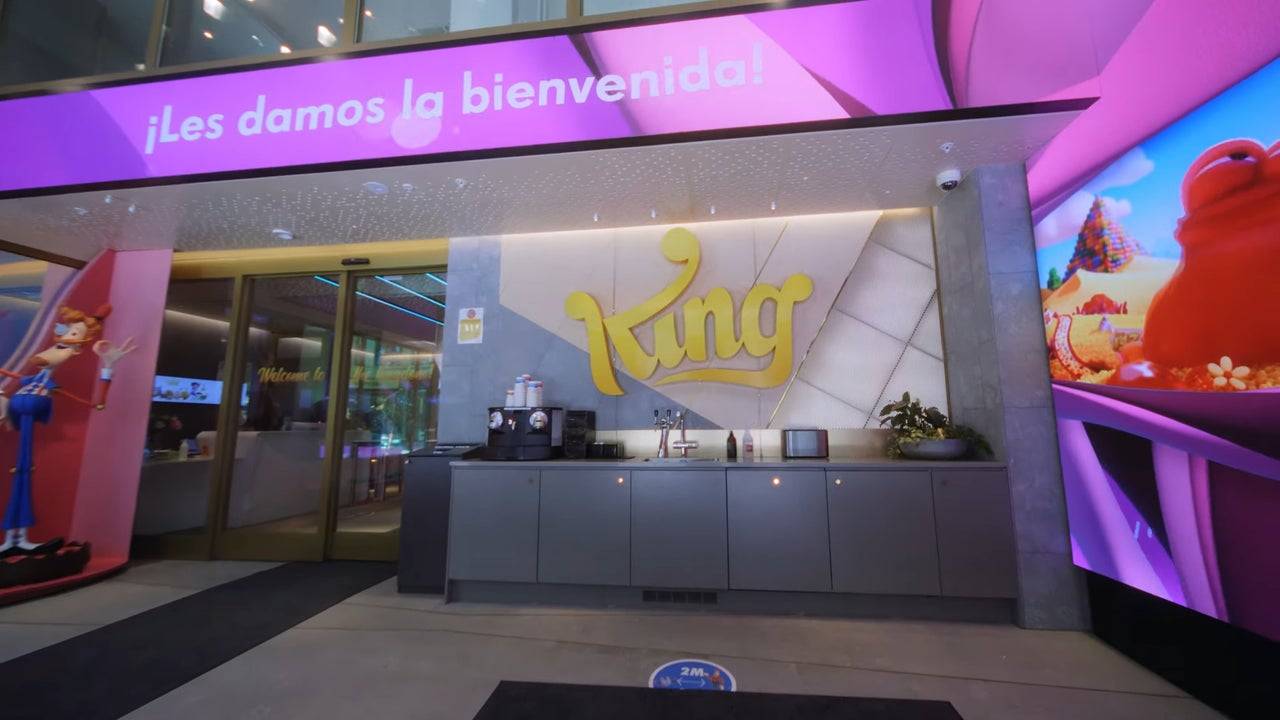In early 2024, a significant shift occurred at Activision Blizzard's Stockholm office when the company, now under Microsoft's ownership, announced the termination of a highly valued employee benefit. This move inadvertently catalyzed a unionization effort among the staff.
Last fall, over one hundred employees at King's Stockholm office, a mobile game developer under Activision Blizzard, formed a union club with Unionen, Sweden's largest trade union. This group has since been recognized and is actively communicating with company management, aiming to secure a Collective Bargaining Agreement (CBA) that will define their work environment, policies, and benefits moving forward.
In Sweden, unions operate differently than in the U.S. Eligible workers can join a trade union at any time, regardless of their company's union status. As a result, approximately 70% of the population is involved in a trade union, and the country has a history of laws favorable to unions. These unions negotiate broadly with their sectors over working conditions, including salaries and sick leave, while individual membership can provide additional benefits.
However, there is an additional layer to union membership in Sweden: forming a union club and securing a CBA. When enough employees join the same union at a company, they can vote to establish a union board to negotiate a CBA on their behalf. This agreement can secure workplace-specific benefits similar to U.S. union contracts, and local union boards can gain representation at the highest levels of company management, influencing major decisions. This is what has happened at King Stockholm, following a trend already seen at Swedish gaming companies like Paradox Interactive and, more recently, Avalanche Studios.
The doctor is out
Kajsa Sima Falck, an engineering manager at King in Stockholm and a board member of King Stockholm's Unionen chapter, shared insights into the unionization process. Prior to 2024, union discussions at the company were minimal, with a dedicated Slack channel for a small group of union members that saw little activity.
The catalyst for change came in early January when employees received an email from management announcing the end of a unique benefit: a free, private doctor for employees and their families. This benefit, rumored to have been selected by then-CEO Bobby Kotick, had become immensely popular during the height of the COVID-19 pandemic. The doctor was praised for her responsiveness, support during the crisis, and empathy towards employees' needs for sick leave or mental health notes.
The abrupt termination of this benefit, shortly after Microsoft's acquisition of Activision Blizzard, left employees with only a week's notice to find new healthcare options. While the company offered private health insurance as a replacement, Falck noted that it lacked the personal touch and efficiency of the previous arrangement.

The sudden change sparked widespread discussion among employees, with numerous posts appearing in the general Slack channel. Falck highlighted the lack of bargaining power without a CBA in place, which could have allowed negotiations with the employer.
In response, Falck suggested reviving the union Slack channel, which quickly gained traction, reaching 217 members by the time of our conversation. Over the next few months, the group organized and reached out to Unionen representatives, leading to the official formation of a union club with a union board at King Stockholm in October 2024. IGN reached out to Microsoft and Activision Blizzard King for comment but did not receive a response.
No gods, only King
Since its formation, the King union has met with Activision Blizzard HR to establish communication protocols. Falck described the company's response as "neutral," consistent with the legal protections for unions in Sweden and Microsoft's public commitment to a neutral stance on unions.
While the private doctor benefit cannot be reinstated, Falck and her colleagues aim to secure a CBA to protect other valued benefits from similar abrupt changes. She emphasized the importance of having agreements to influence and negotiate changes, particularly given the unique benefits offered by King, such as bonuses and Microsoft-related perks.
Falck also highlighted other potential issues for negotiation, including salary transparency, information sharing, and protections around company reorganizations and layoffs. The ultimate goal is to enhance employee influence over workplace conditions for the collective good.
Unionen Stockholm organizer Timo Rybak underscored the importance of unionization in Sweden, where both parties have a say in discussions. He noted that unions provide valuable insights into everyday work, which is often unavailable to higher management, and emphasized the educational aspect of unionizing, particularly in industries like game development with many immigrant workers.
Falck pointed out that the union has already benefited from sharing information on employee rights, helping many European and American game developers at King understand their entitlements. This organizing effort has enabled better self-advocacy and group advocacy among employees.
For Falck and her colleagues, the unionization effort at King began as a reaction to an unpopular change but has evolved into a broader mission to protect the aspects they value in their workplace and the company's culture.















